Stop treating footy players like they’re special
The wife of former NRL star Ryan Hoffman has expressed her “heartbreak’’ at the sexual assault crisis enveloping the game, saying she had “literally lost count of the number of NRL players who have been accused of assaulting women’’.
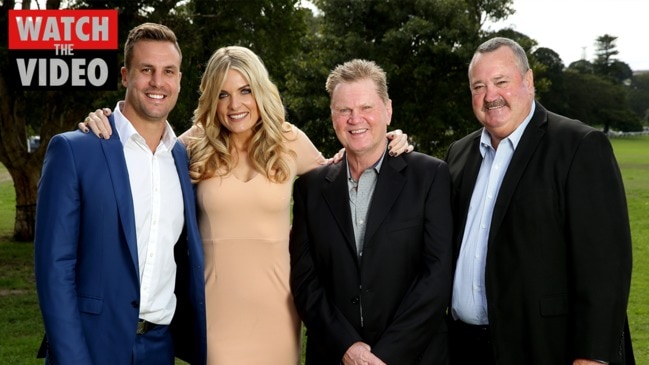
Rendezview
Don't miss out on the headlines from Rendezview. Followed categories will be added to My News.
Psychological testing of NRL players? POLL
- New punishments for players guilty of violence against women
I have quite literally lost count of the number of NRL players who have been accused of assaulting women over the years.
Until October this year, my husband Ryan (Hoffman) was an NRL player, and had been for 16 seasons. So as part of this community, it is particularly heartbreaking.
To be clear, I refer to these incidents in general. No one specific. I have no interest in muddying the issue by quibbling over the facts of individual cases. The fact is, violence happens.
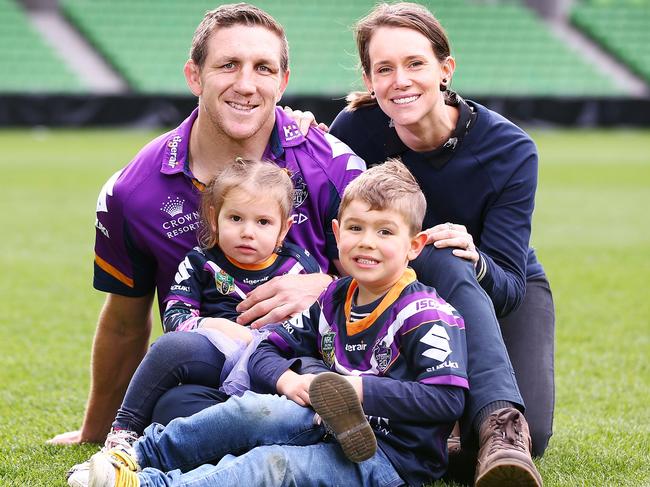
It is frightening, appalling, and as violence always is, utterly unacceptable.
And it needs to be said, this is not a football issue.
Torn up contracts, missed training sessions and stalled careers all pale in comparison to the actual, human cost paid by victims of violence and abuse.
RELATED NEWS
NRL boss Peter Beattie: Alleged assaults against women killing game’s reputation
Paul Kent: NRL’s processes around player behaviour not working
Phil Rothfield: NRL’s growing wall of off-season shame
Unfortunately, allegations of violence against women by football players are nothing new and over time there has been much conjecture as to the root of the issue.
Some argue that rugby league is simply a microcosm of society, and that violence against women is present in society, therefore, it is present in rugby league.
Add to this, the fact that rugby league is lousy with males of a certain age, and some even make the argument that if there is an over-representation of violence, it’s down to some skewed demographics.
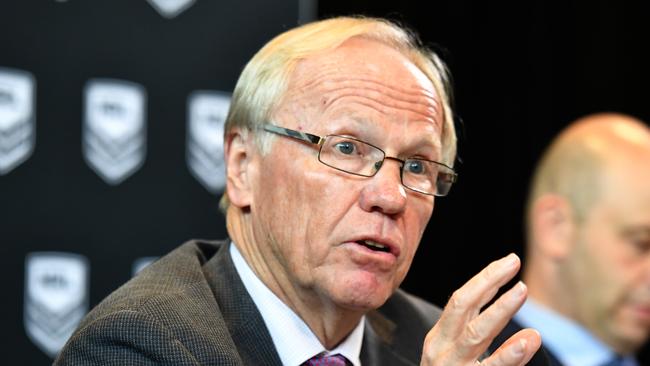
But, while rugby league is one of the few industries laden with men between the ages of 18 and 35, it is also one of the few industries that address the issue of violence against women head-on.
In recent times, players have actually been made to attend training (during their paid working hours) where in a variety of creative and engaging ways, they are taught in no uncertain terms, that violence against women is never okay.
Sure, many professional workplaces have anti-discrimination and bullying training, but these are a bunch of blokes who are annually reminded specifically that violence, or any kind of abuse against women, is not acceptable.
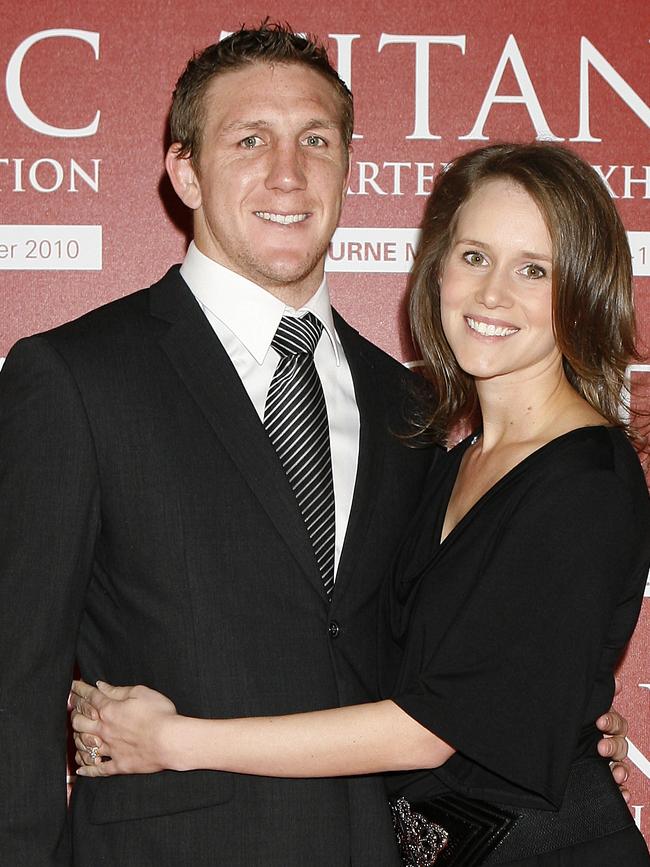

Let me just say that again: it is someone’s job to sit down with groups of fully functioning adult human beings, and make sure they understand that it is wrong to hurt women.
It’s a sad state of affairs, but if it goes any way to helping protect at-risk women then I’m glad that this type of training exists.
That said, the existence of this training is the reason I don’t buy the whole, “it happens in the world so it happens in rugby league” argument. This is a group of men who are privileged by education, when others are not. There is never any excuse, but it is particularly true here.
So why does it continue to happen?
There may never be an answer to that question, but I have some thoughts.
If there is one resounding frustration I have with rugby league, and professional sport in general, it’s that footballers and football clubs seem to abide by a different set of rules to the rest of us.
RELATED NEWS
2017: New punishments for players guilty of violence against women
Bulldogs players avoid jail, conviction for public nudity charges
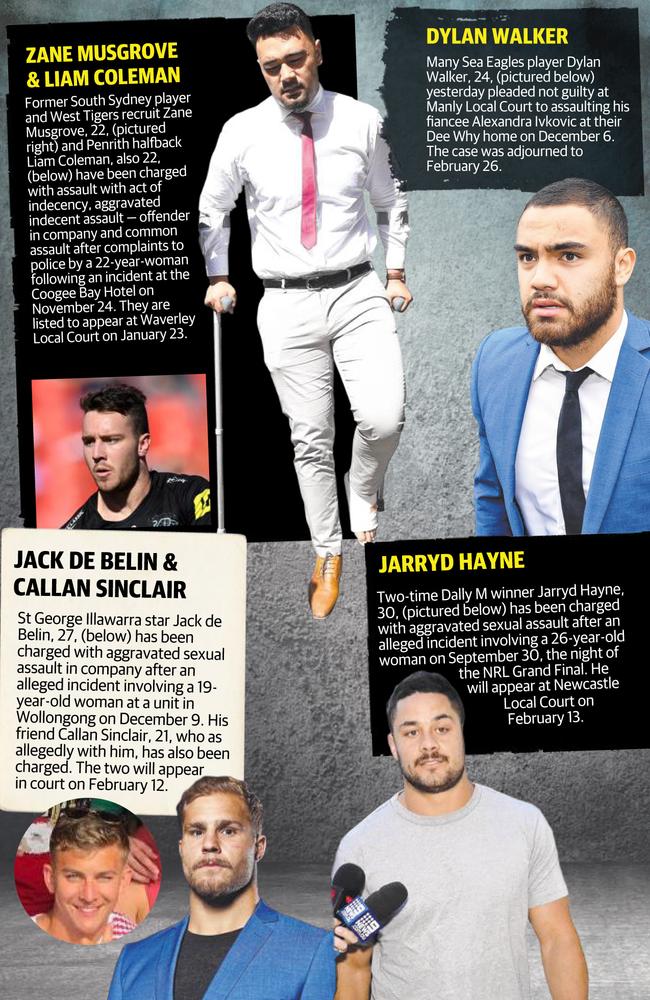
There are examples everywhere, some advantageous, some detrimental, some innocuous and some really bloody serious.
Footballers don’t line up to get into nightclubs. Footballers don’t get sick leave, parental leave or public holidays. Footballers get to jump medical queues. Footballers are customarily encouraged (or not discouraged) to go out and drink to excess in a celebration of a job well done. In some cases, footballers don’t have to pay for their education. Or their shoes. Or their clothes. Or their cars.
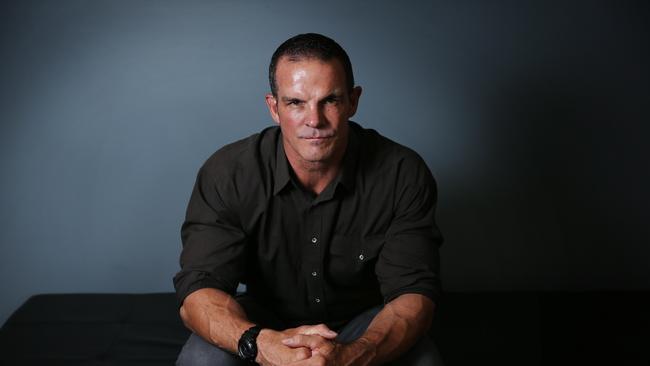
Footballers are subject to physical and mental working conditions that in any other workplace would be considered unsafe at best.
Footballers play ‘pranks’ on one another in the workplace that are the textbook definition of harassment, whereas others in the real world have been disciplined for much, much less.
“Yeah, but that’s just footy, it’s different,” they say. For the forty-five-thousandth time.
The point is, in a variety of ways, rugby league — and particularly the playing group — has long been a space that only teeters on the cusp of professionalism and as a result, the normal rules — workplace, societal and otherwise — don’t always apply.
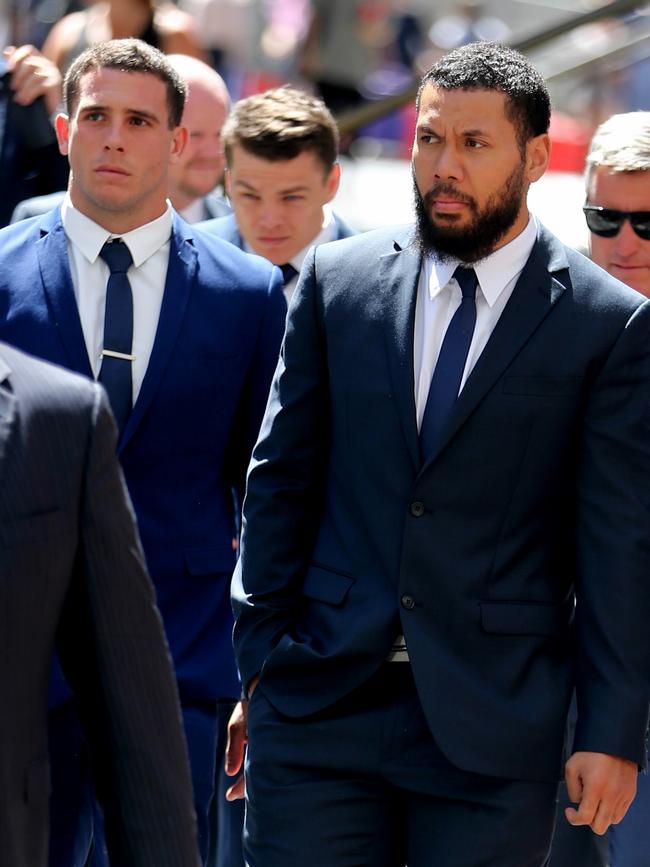
I am constantly comparing what I know of the footy club environment to the experience I’ve had in non-football workplaces and time and time again I get the same argument: “it’s apples and oranges”.
But should it be? For me, this constant, underlying message that professional sport is an island is highly problematic. Hey you with the professional rugby league career — you are not like everyone else, you are special, you are above the rules.
And perhaps, over time, this relentless elevation of footballers above others, this constant operation within a space that proudly compares to no other, communicates a subconscious message about obedience that in some outposts then becomes dangerously twisted: I know the rules, but they don’t apply to me. If I break the rules, there’ll be no real consequences.
It might be a long bow to draw.
But, to be fair, nothing else is working. Not education. Not punishment. Not that thing where you simply rely on people to do the right thing and then get on with your life. Something has to change.
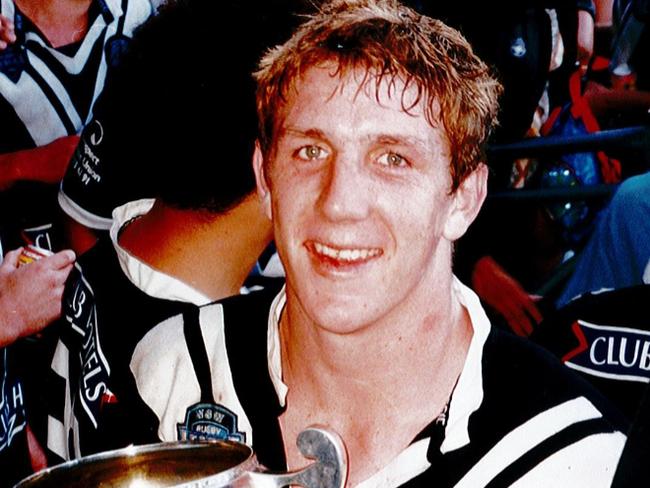
Because when you consider this culture of nonconformity, within an industry that is fundamentally built on aggression, filled with young men whose needs are daily elevated above everyone around them, and where women are never — ever — seen as peers, then perhaps we start to get a sense of some of the factors that contribute to a much larger issue.
There is no easy fix here. This idolisation of sportspeople and pedestalling of their achievements is deeply ingrained not only in the industry itself but also in society’s obsession with it. This is not going to change any time soon.
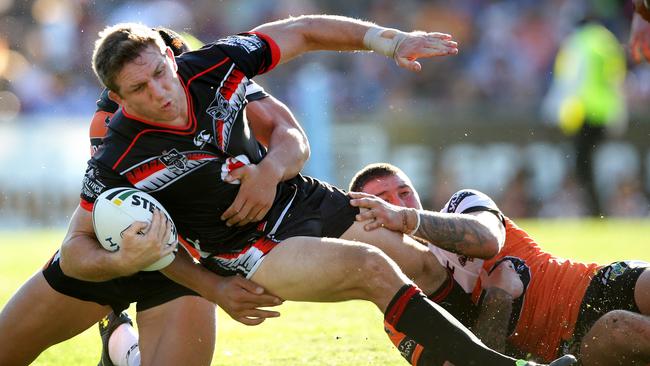
But given the diabolical consequences that are being faced by women everywhere, both involved in the industry and beyond, it would be great to see NRL clubs backing up their anti-violence training with some changes to approach and therefore to the powerful subconscious messaging. Step up the professionalism. Stamp out the larrikin culture. Put women in positions of real power. Align your behavioural policies with those of the rest of professional Australia.
Simply put, send the message — the rules absolutely apply to you too.
Mel Hoffman is a blogger at melhoffman.com.


